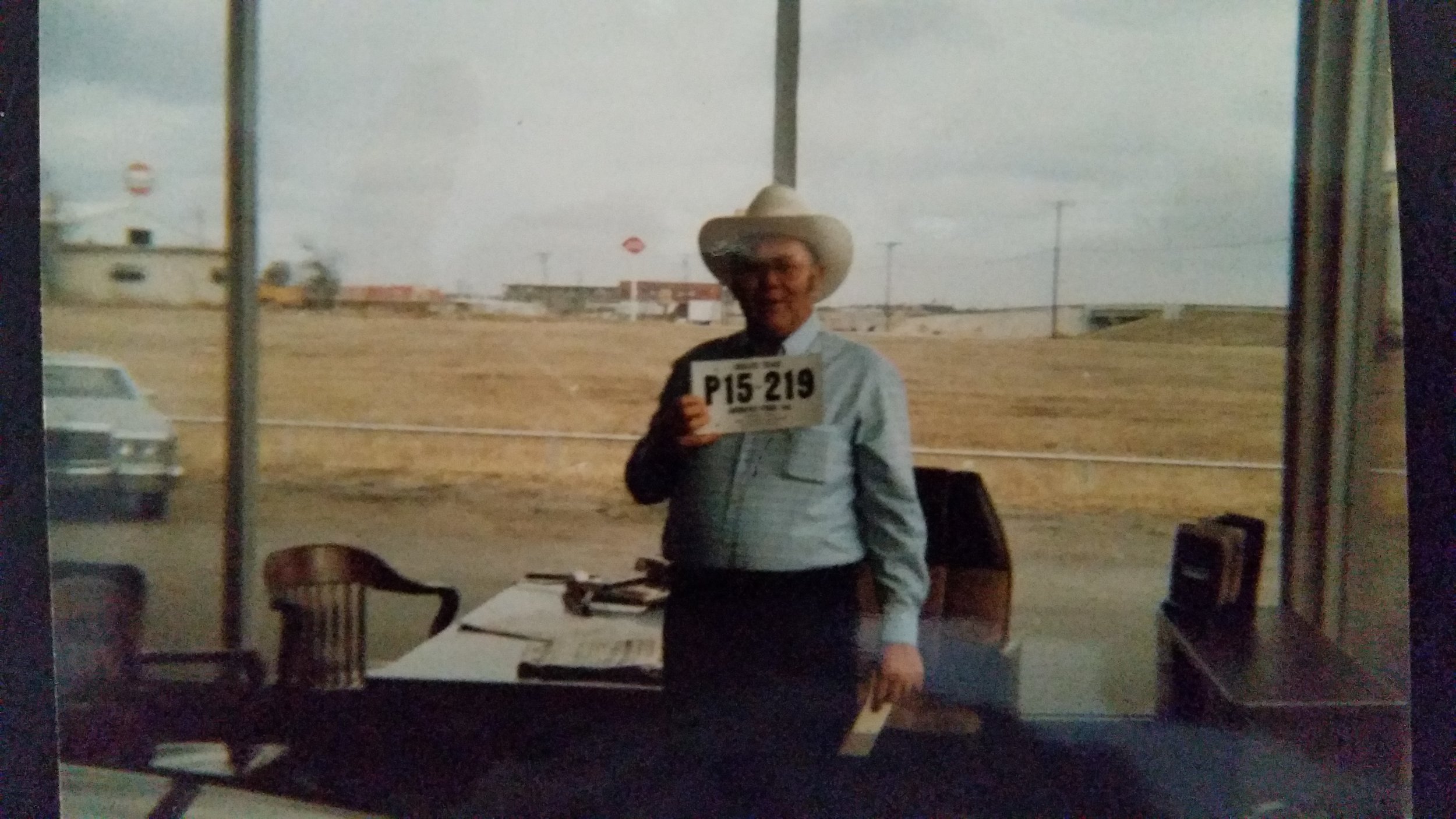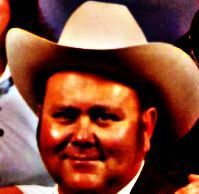William David Strother, my father, the artist of the deal
The Essay
The Artist of the Deal
In 1987, Donald Trump – the man who would, to the surprise of most everyone, the chagrin of about half of America, and the tentative delight of the other half, become president – wrote a bestseller called The Art of the Deal. I never read it cover-to-cover, but after the author ascended to the presidency, I did think it wise to study his philosophy on getting things done and succeeding in life. This book seemed the right place to look.
One quote that stands out to me because it sums up the way most salespoeople (I believe) think:
My leverage came from confirming an impression they were already predisposed to believe.
In other words, lead people to believe what they want to believe and you have yourself a deal.
This is bothersome to me because it discounts integrity and marginalizes honesty in favor of expediency.
I had what most would consider a far less successful influence on my life growing up. I prefer his philosophy on sales to Trump’s, though the man influencing me died prematurely at age 51 and didn’t leave much more behind than a family who adores him and misses him terribly 27 years later and a son who keeps his memory alive and tries to increase his influence by sharing it in places like this.
My Father, the Dealer
My father was a salesman. He sold everything from new and used cars to insurance policies to Culligan water softener units. On Sundays, as a bi-vocational pastor of one small, country church or another, he sold salvation to thirsty souls. Whether he was selling a car or Christ, his approach was pretty much the same.
I have a vivid memory of the first time I became conscious of my Dad’s approach to sales.
The year was 1973 or maybe ’74. I was 12 or 13. Dad owned two businesses at one location. The primary business was his automotive repair shop, which still operates in Mineral Wells, Texas to this day. It was called D&F Battery & Electric. The initials in the name stood for David & Freda, my parents’ names. (Dad sometimes joked it stood for “David & First National Bank,” his way of making light of the narrow margins a small business operates within and how you always seem one step away from receivership.) The other business was D&F Auto Sales – a small used car lot.
One of the hallmarks of my youth was going to work with my Dad. He put me to work in his shop when I was 10 or 11. First, it was sweeping out the stalls and cleaning up tools and tool benches. Then, I learned to work the rebuilt batteries on the big line chargers in the back. By the time I was 15, I could rebuild most alternators and starters and even diagnose all but the most challenging electrical issues in a car.
But I digress.
My Father, The Salesman
It was late afternoon on a random school day, very near closing time. I was tired, hungry, and ready to go home. Dad was in the midst of a deal. A man I did not recognize was inspecting an old Mercury featured on our car lot. The car was probably about a ’69 model, but it still looked good and the engine purred. A car that you would probably want to protect by purchasing outdoor home security cameras to monitor areas around your home.
I reluctantly listened to Dad’ sales pitch.
“I will tell you, (let’s call him) Jim, this car burns oil and guzzles gas, but it’s got plenty of life left in it, the tires are new, and it will get you where you’re going for a few years yet.”
Jim: “It burns oil?”
Dad: “That’s why it is priced like it is. Otherwise, I would ask more.”
Jim: “Guzzles gas, though.”
Dad: “Yep. Mineral Wells is a small town, Jim. You go other places a lot?”
Jim: “No, David. I stay put,mostly.”
Dad shrugs.
“Jim, I don’t want you to buy this car if you have doubts.”
Jim: “You know me, David. You sold me my last two cars and you know what I need in a car. Do you think this car is right for me?”
Dad: “We would not be standing here if I didn’t, Jim.”
Jim: “Sold. Draw up the papers. I will be by in the morning to sign them.”
They shook hands and the deal was done.
My Father, My Teacher
On the ride home, another conversation ensued. This one between my Dad and me.
Me: “Dad, why did you tell that fellow the bad things about the car?”
Dad: “Because he needed to know so he could decide if the car was what he wanted.”
OK.
Dad: “Don’t you think he would find those things out anyway?”
Me: “I think he would.”
Dad: “Better for me to tell him up front than for him to find out later and think I tried to sell him a bill of goods.”
I knew what he meant by ‘a bill of goods.’
Me: “I just wonder why he bought a car knowing it had problems.”
Dad: “He didn’t buy a car. He bought D&F Auto Sales.”
Me, nervous laugh. “You are kidding.”
Dad: “No, son. What I mean is he bought from me because he trusts me. He trusts me because I tell him the truth. He knows I tell him the truth because he has bought from me before. Jim cannot afford a new car that has no problems. He wants to know he is getting the most car he can for his budget. He trusts me to help him do that.”
Silence.
Dad: “A good salesman is not selling a product. He is selling himself.”
More silence.
Dad: “Son, do you know what ‘integrity’ means?
Me: “I think so. It’s doing what you say you will do…or not pretending to be something when you are really something else. It is the opposite of being a hypocrite.”
Dad, smiling: “You have a way with words, son. Use them with integrity.”
Me, 45 years later: “I will, Dad. And thank you.”
______________________
Dedicated to my father, William David Strother (1940 – 1991), a man of integrity and the artist of the deal
essay Two Excerpt
This was it! This was the river of Huckleberry Finn and Tom Sawyer, the river of my boyhood fantasies winding its way to the Gulf of Mexico, supporting commerce, hosting vacationers, supplying fishermen, fueling childhood dreams.


